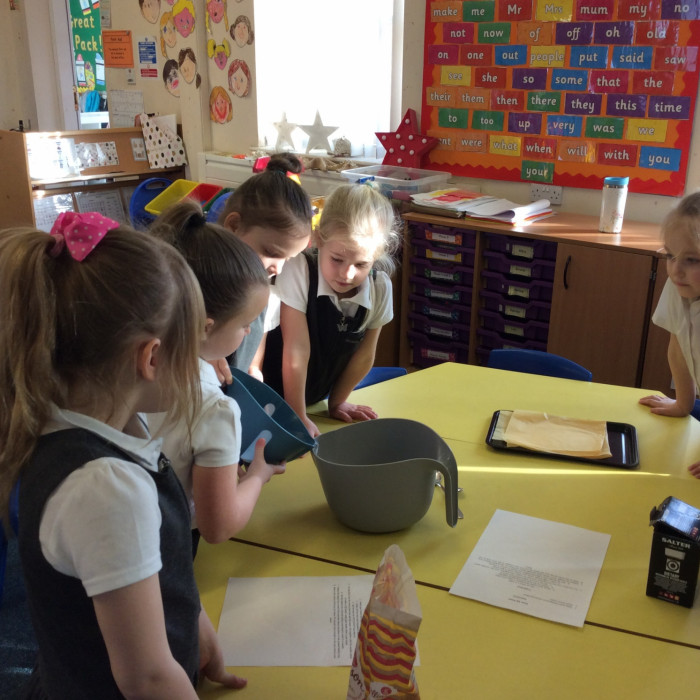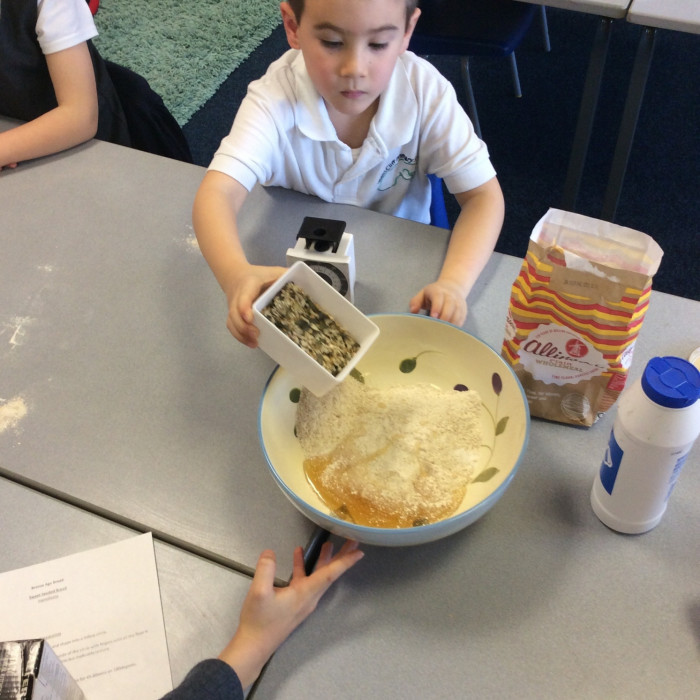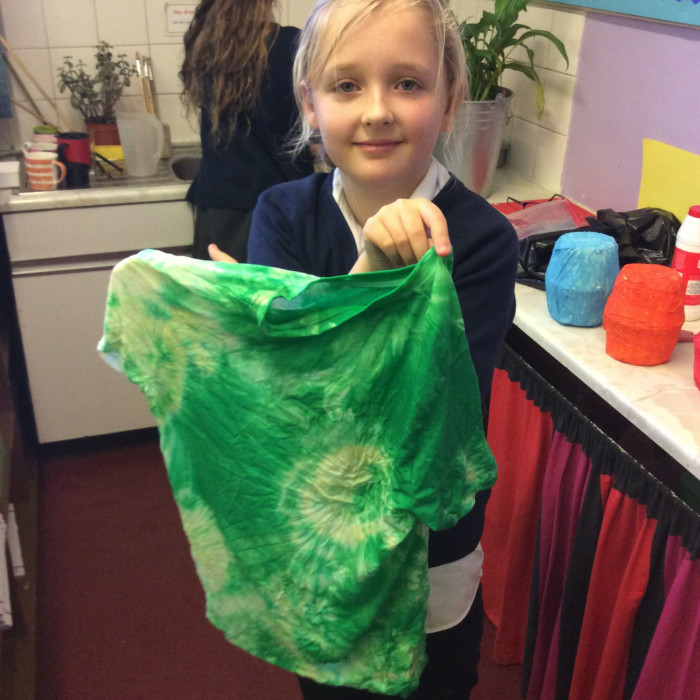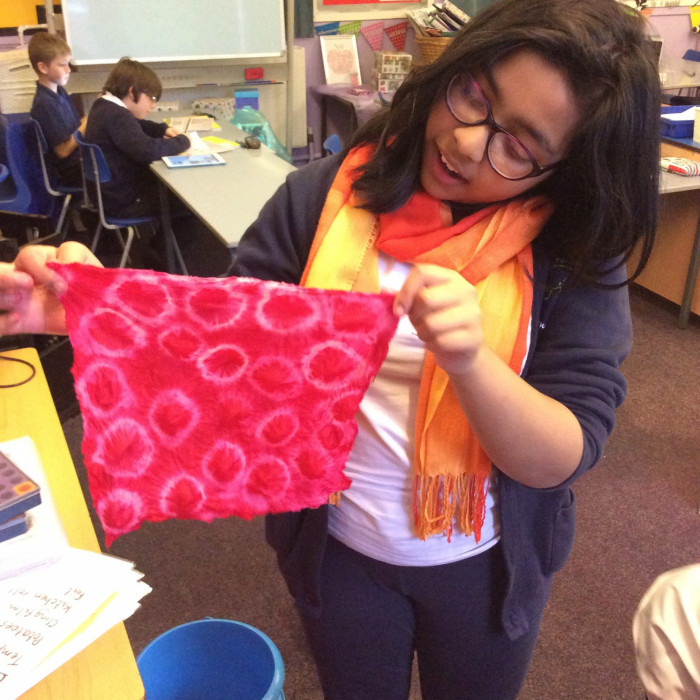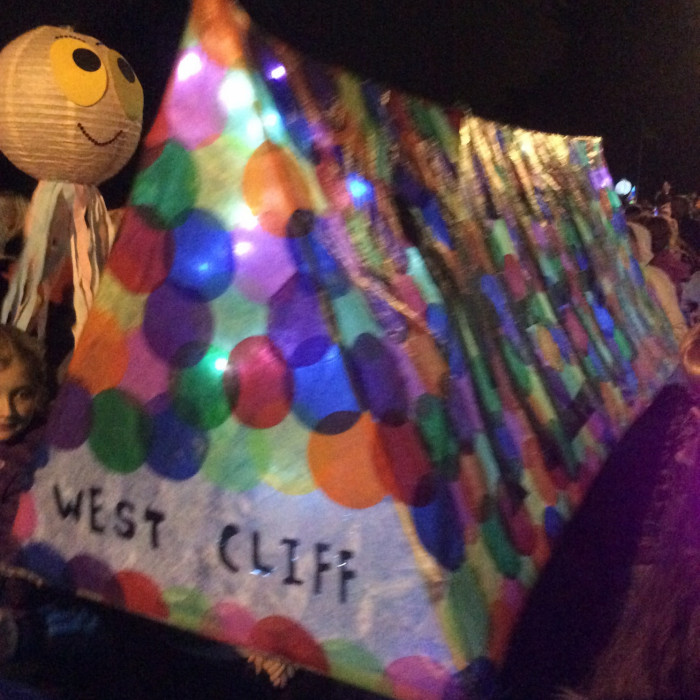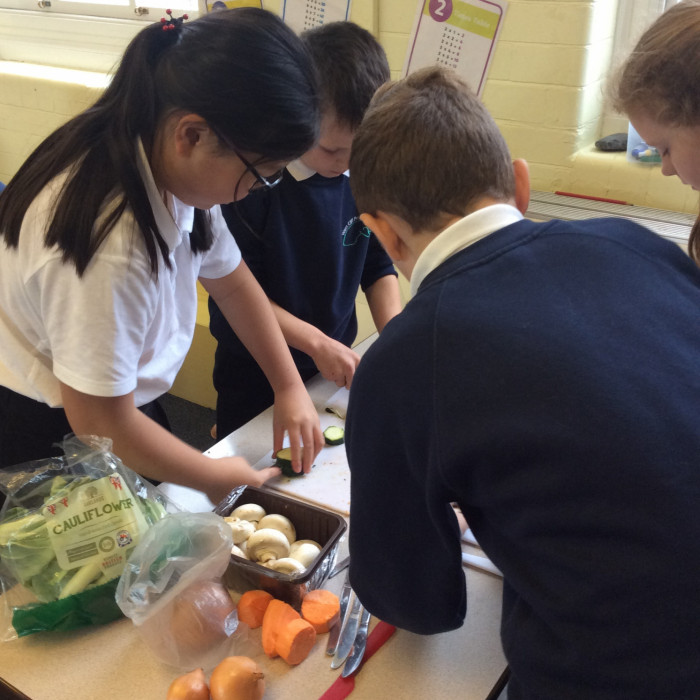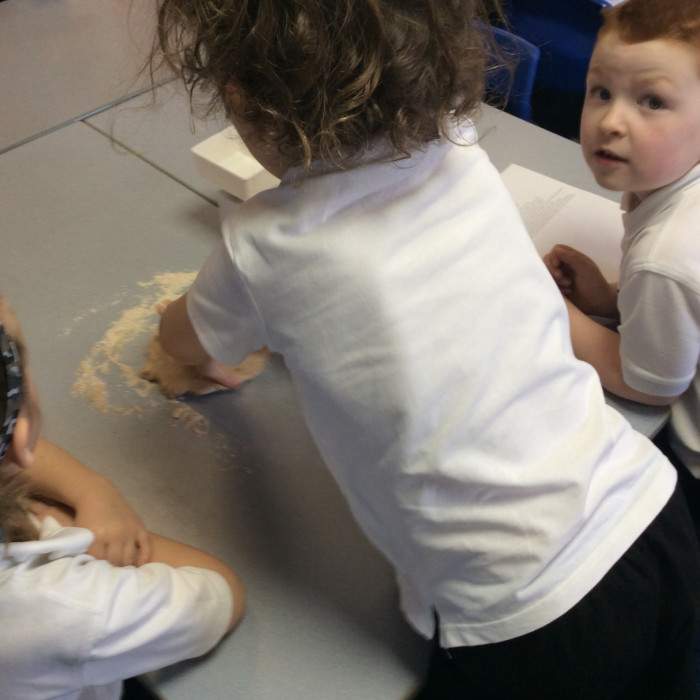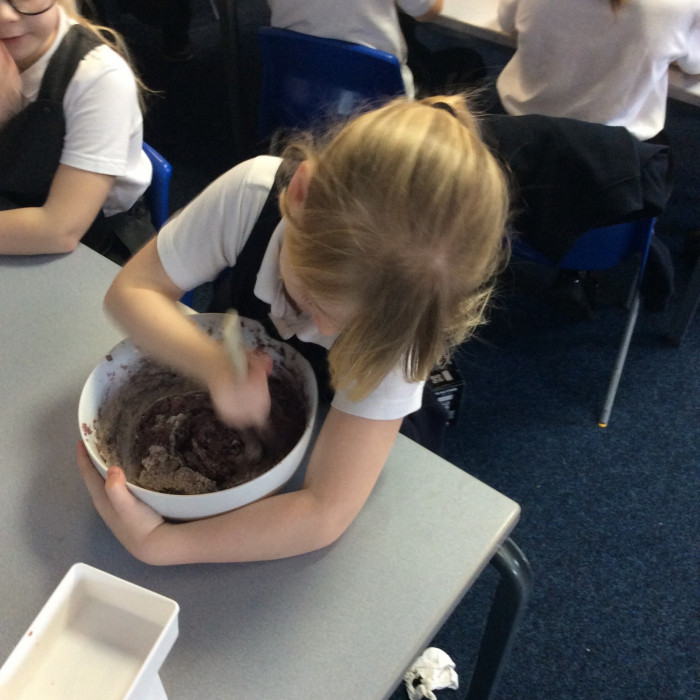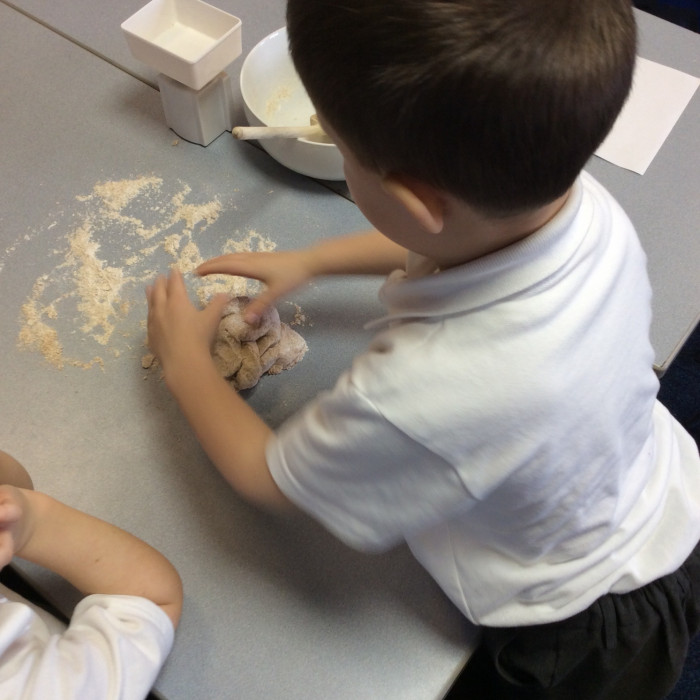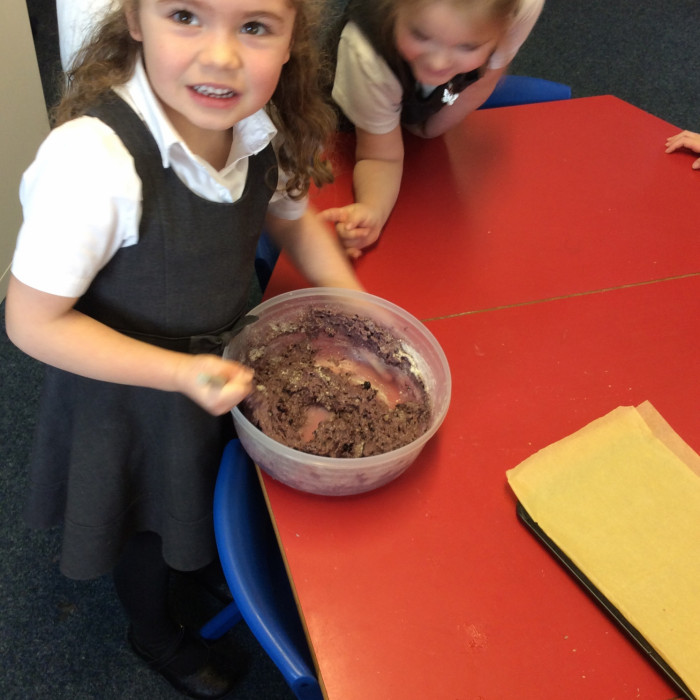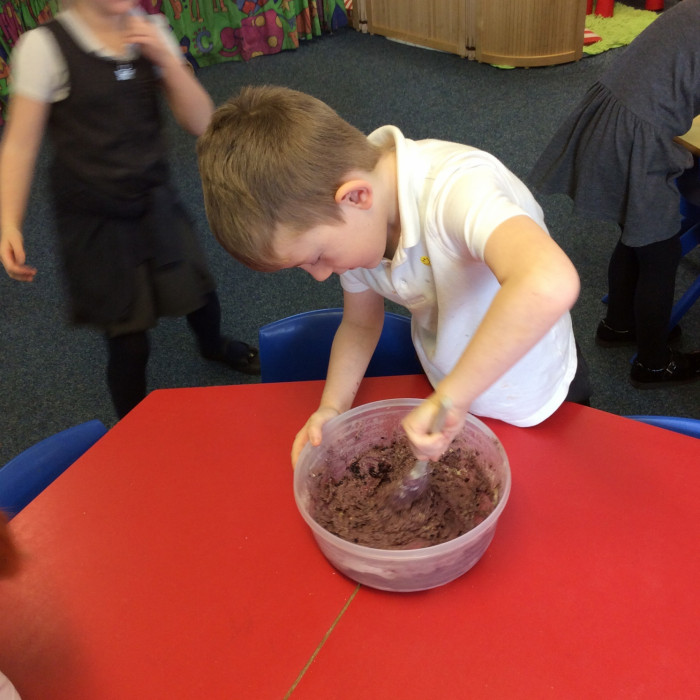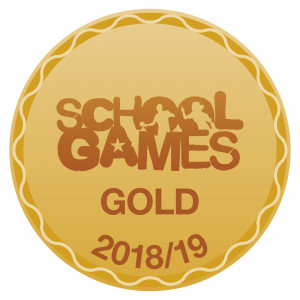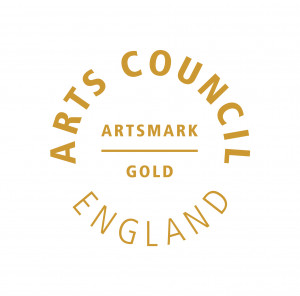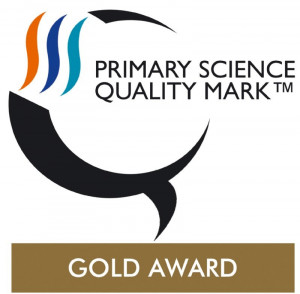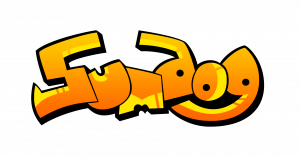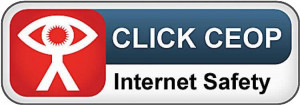Design & Technology
Design and Technology at West Cliff Primary School is essentially a practical subject that allows children to think imaginatively and creatively.
It allows children to become more independent and effective problem solvers, both as individuals and as part of a team. Design and Technology prepares children for the rapidly changing world. It is all about the combination of practical skills alongside developing an understanding of aesthetic, social and environmental issues.
Design and Technology at West Cliff Primary School is essentially a practical subject that allows children to think imaginatively and creatively.
It allows children to become more independent and effective problem solvers, both as individuals and as part of a team. Design and Technology prepares children for the rapidly changing world. It is all about the combination of practical skills alongside developing an understanding of aesthetic, social and environmental issues.
Intent
The intent of West Cliff School’s Design Technology (DT) curriculum is to develop children's skills and knowledge in design, structures, mechanisms, electrical control, and a range of materials, including food. Our curriculum encourages children's creativity and encourages them to think about important issues such as the quality of the products they are using, as well as the health and safety requirements of the equipment they use.
Design Technology provides our children with opportunities to develop skills in designing, making and evaluating a range of products including food. Children will use their creativity, imagination and social interaction skills and will draw on learning within Maths, English, Science, Art and Computing, to develop life skills and knowledge about healthy eating.
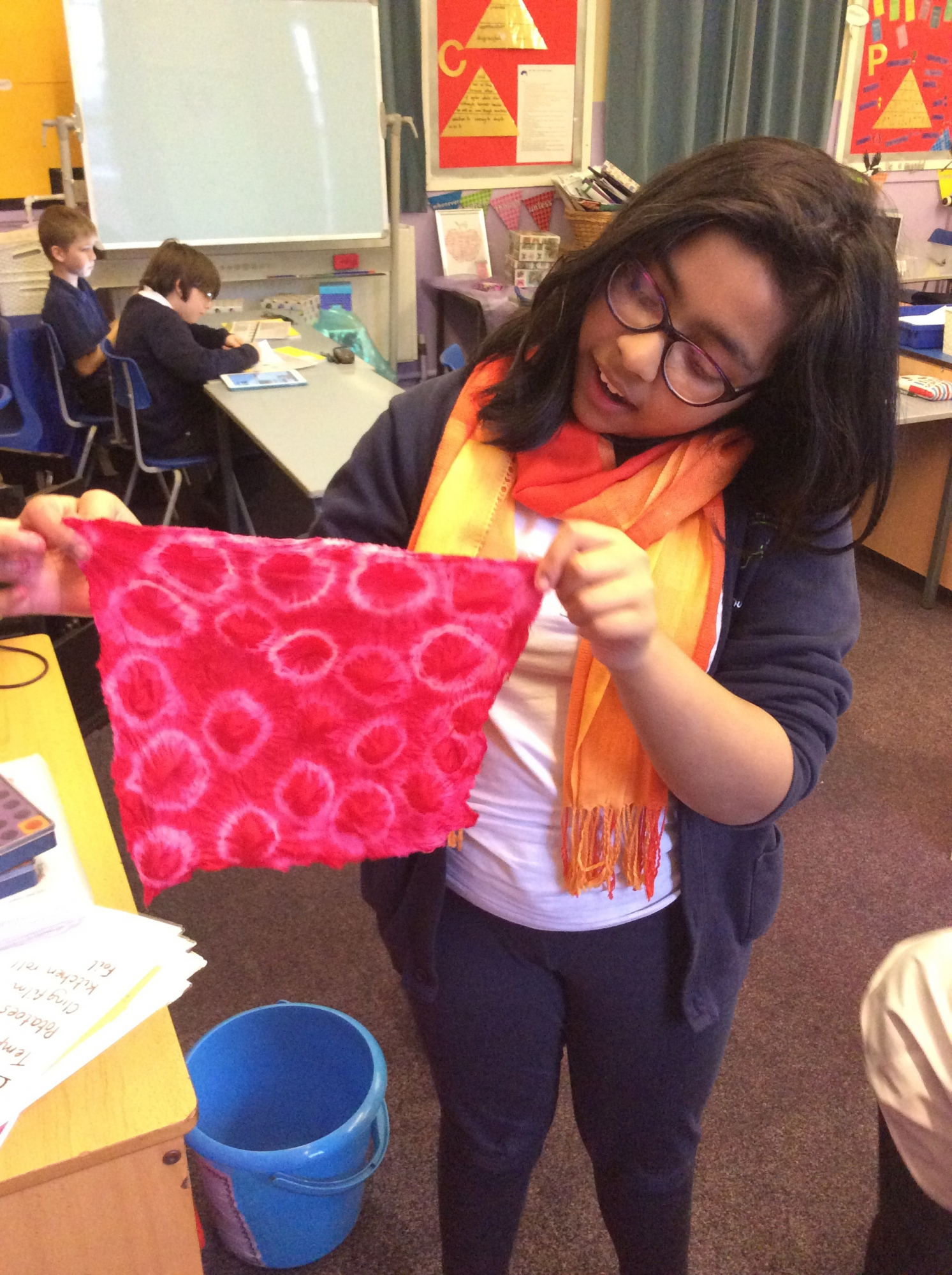
Implementation
All teaching of DT should follow the design, make and evaluate cycle.
Each year group will be revisiting and building on the skills taught in previous year groups through. Our intention at West Cliff, is for Design Technology to be taught in all year groups through at least one topic per term:
- Designing and Communicating – Talking about the products, and their purpose, drawing up a set of criteria, developing skills in evaluating their use and communicating their ideas. In KS2 links/references will be made to designers.
- Using tools and materials and appropriate techniques to create products - Developing the skills to measure and mark out, and then selecting and using tools accurately and safely to cut, assemble and join materials, including sewing, to create a product.
- Beginning to consider the success criteria and making adaptations to the assembly of a product where appropriate and developing finishing techniques to achieve a quality product.
- Evaluating – Developing skills in evaluation- the confidence to critique, evaluate and test their ideas and the work of others.
Our skills-based progression curriculum aims to ensure that all pupils have:
- Opportunities to develop the creative, technical and practical expertise needed to perform everyday tasks confidently and to participate successfully in an increasing technological world.
- The materials needed to build and apply a repertoire of knowledge, understanding and skills their termly projects.
The skills to prepare & cook a variety of foods whilst understanding and applying the principals of nutrition. Links will be made with our Beach School activities
Our D.T. Intended Impact
Our aim is to provide our children with a rich and enjoyable experience of design and technology, in which they can acquire and develop their own designing and making skills in line with the National Curriculum. We measure the impact of our curriculum through the following methods: reflection on standards achieved against the planned outcomes; pupil discussions about their learning, which includes discussion of their thoughts and ideas. Professional judgements for DT are recorded on our assessment system so impact can be measured.
Children will explore a range of different products, learn how to take risks, work together and communicate their ideas. As designers, children will develop skills and attributes they can use beyond school and into adulthood, in an increasingly technological world.
